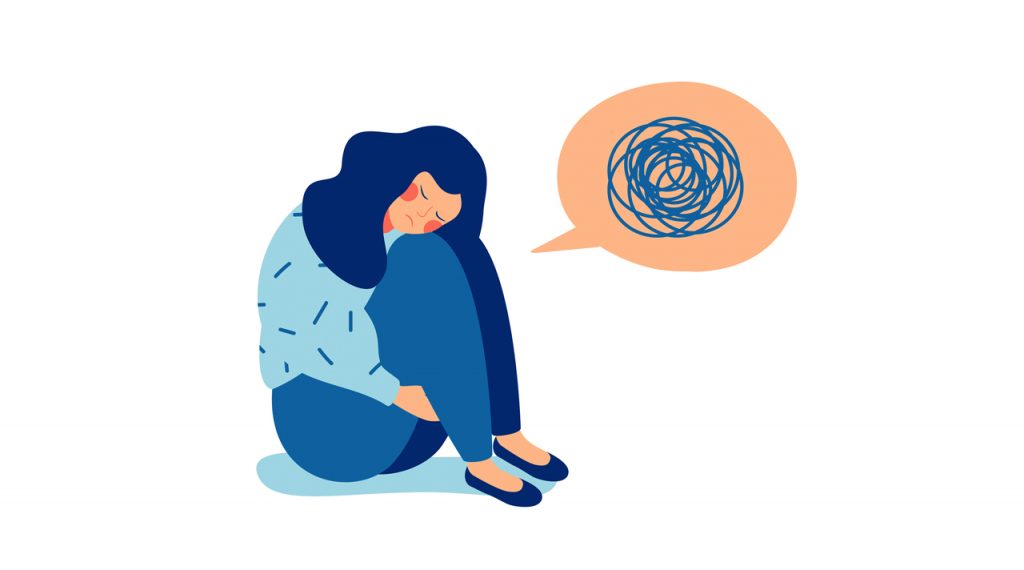Learn About Anxiety
Negative Anticipation
Anxiety is a normal response to perceived danger that is designed to help us stay safe. This sense of fear or worry can stem from a real or imagined physical, emotional, or psychological threat.
It serves as a protective mechanism by alerting us to potential dangers and allowing us to prepare and respond appropriately.
Helpless and Inadequate
Anxiety can also be a persistent feeling of inadequacy and helplessness, characterized by thoughts of being unable to cope or manage a situation, and a sense of hopelessness.
This type of anxiety can affect a person’s daily life and impact their well-being.
Fight or Flight Response
In the face of potential danger or fear, our body automatically triggers the “fight or flight” response to help us protect ourselves.
This response is unconscious, meaning the brain prepares the body for action without conscious thought.
As a result, physical symptoms of anxiety such as dry mouth, light-headedness, and nervousness may occur, as the body experiences changes in its processes.
Problematic Anxiety
Unhelpful anxiety can occur when there is no actual danger present, but the brain and body respond as if there is.
Excessive negative thinking, such as fearful or pessimistic thoughts, can activate the stress response, causing feelings of anxiety and triggering the fight or flight response.
Additionally, avoidance behaviours can reinforce the anxiety response as it sends a message to the brain that there is indeed something to be afraid of.
To reduce unhelpful anxiety, it is important to address and challenge negative thinking patterns and work on managing the physical symptoms of anxiety.
How to Help Anxiety Issues
Dealing with unhelpful anxiety often requires a comprehensive approach that addresses various aspects of an individual’s well-being.
In counselling, this may involve
- Facing fears rather than avoidance
- Challenging negative or distorted thoughts
- Avoiding short-term solutions that can exacerbate anxiety in the long term
- Practicing self-forgiveness and self-acceptance
- Addressing relationships with over-protectors, over-controllers, or abusers
- Improving self-care practices like getting adequate sleep, exercise, and engaging in positive relationships
- Recognizing personal needs and taking action to fulfil them
- Connecting with one’s true self
- Processing unprocessed emotions
- Speaking from a first-person perspective and owning one’s experiences
- Practicing mindfulness
- Paying attention to breathing and the state of one’s nervous system
- Activating the calming nervous system while reducing the activation of the stress/threat nervous system.

You may wish to consider the Emotional Freedom Technique (EFT) if you would like to work more efficiently with anxiety related issues, please click here for more information.
Change can also be achieved by working directly with the subconscious using audio affirmations, subliminals, and hypnosis, FREE MP3s are available below eg self confidence, relationships, brain power, procrastination, and weight loss.
http://subliminalguru.com/unlock/a/myweb
http://hypnosisbootcamp.com/gift/a/myweb
Please note that due to the high demand for my services and my commitment to providing quality care to my clients, I may not always have the availability to take on new clients. If I am full at this time, I apologize for any inconvenience.
